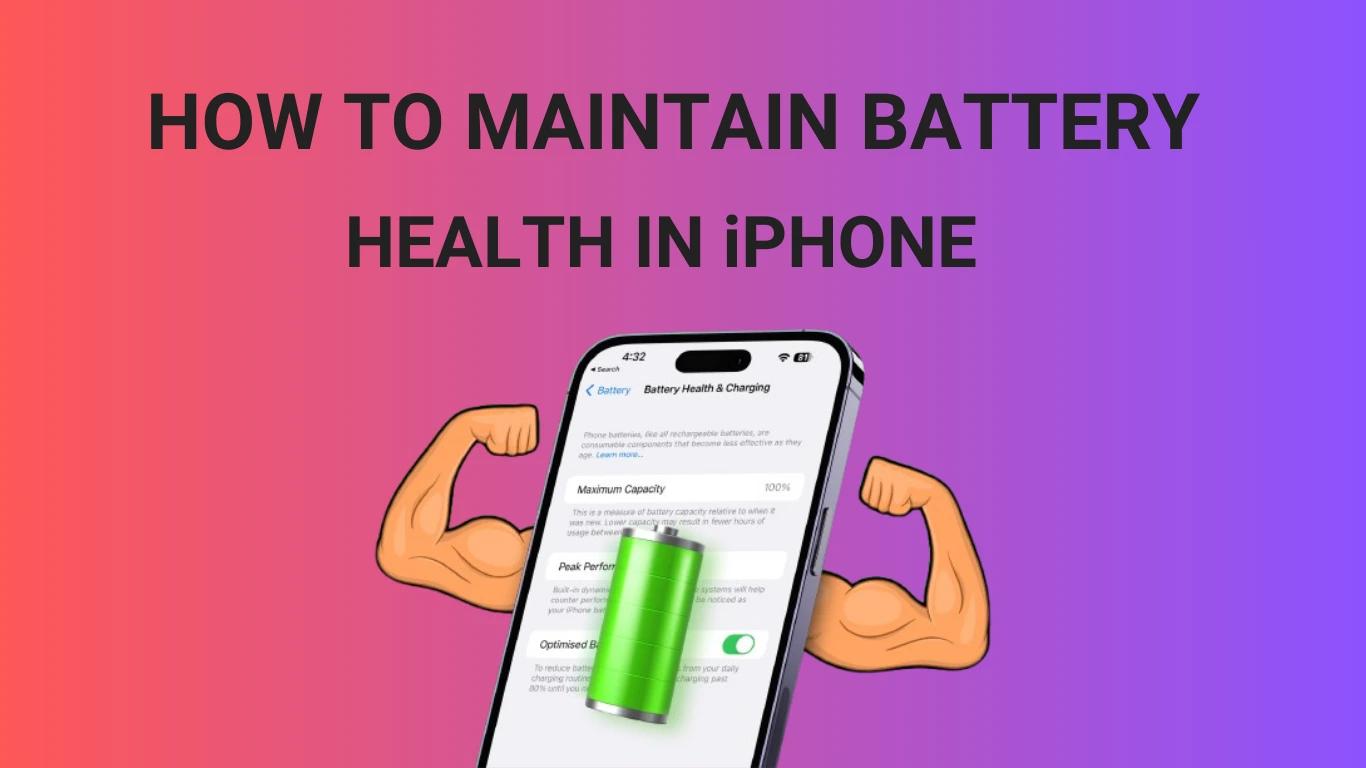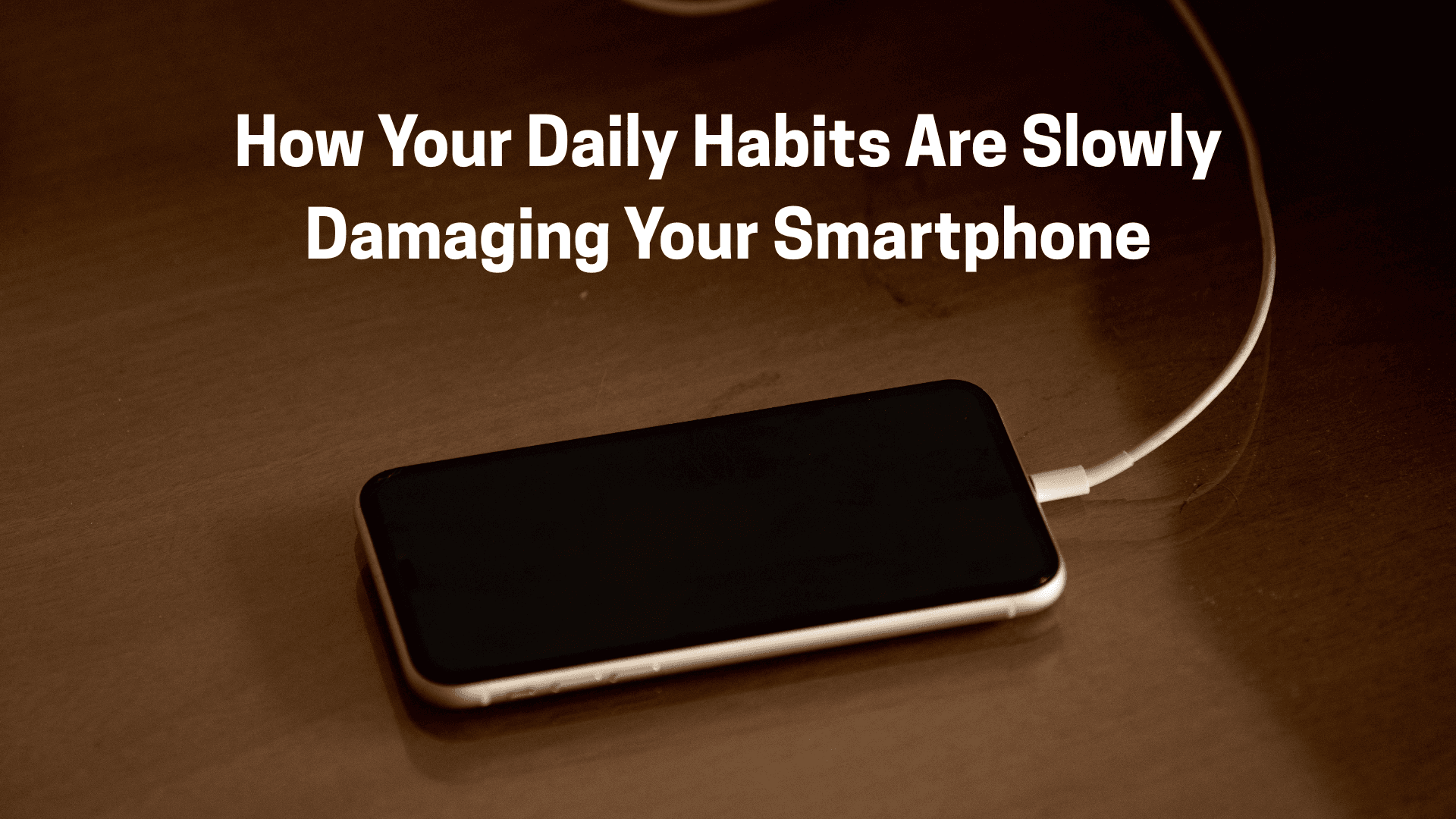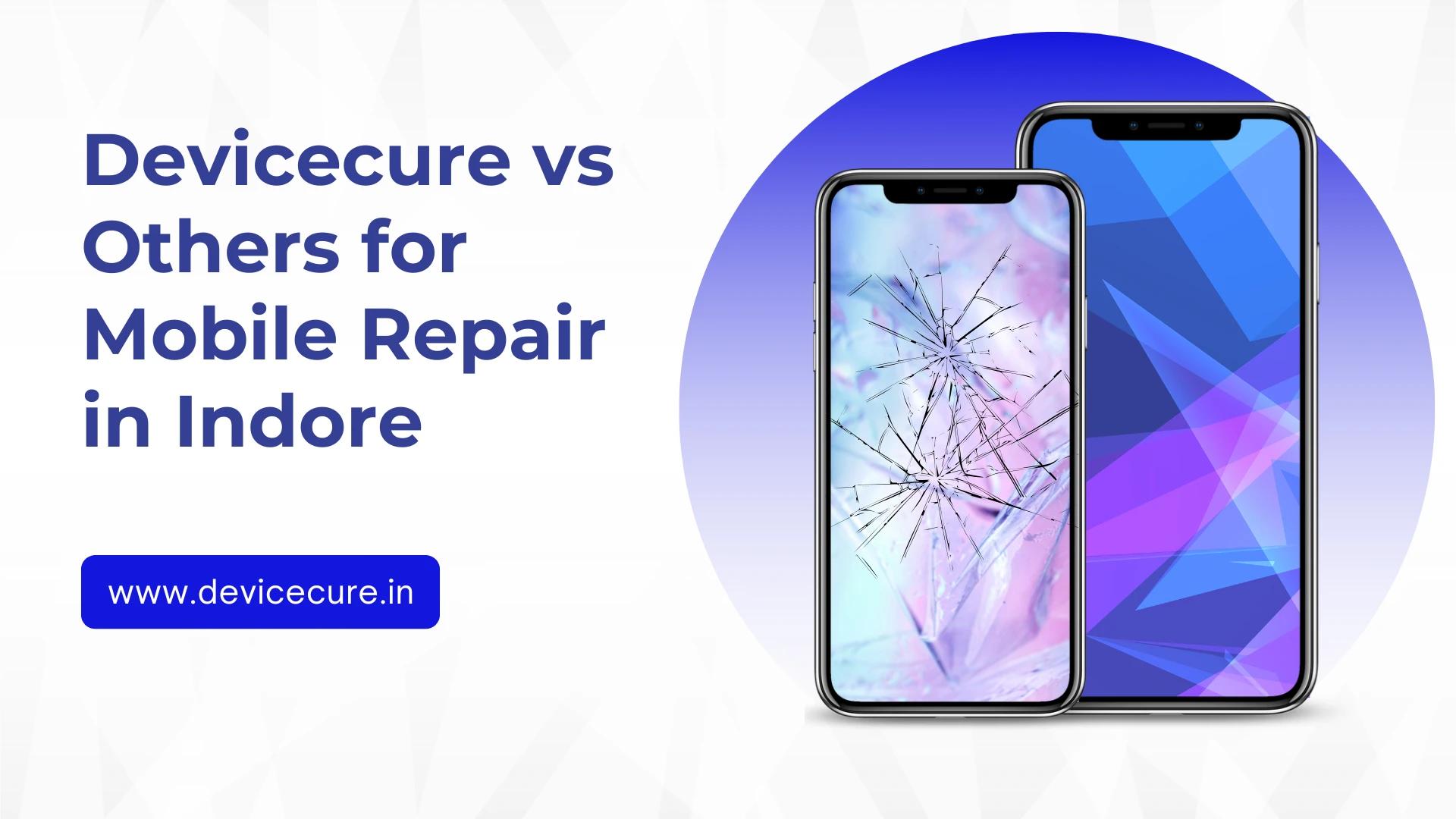Your iPhone’s battery life plays a key role in its performance and reliability. From the very first iPhone, users have shared tips to maximize battery lifespan. While proper care can significantly improve your battery’s longevity, knowing when it’s time to replace it is equally important. If your device feels sluggish or struggles to charge, you may need to troubleshoot or consider a battery replacement.
In this guide, we’ll explore the iPhone Battery Health feature, tips for optimizing battery performance, and advice on when to replace your battery. If you’re thinking of upgrading, you can also sell your iPhone for a smooth transition.
What Is iPhone Battery Health?
Introduced with iOS 11.3 in 2018, the iPhone Battery Health feature provides insights into your battery’s condition and performance. Found in the Settings > Battery > Battery Health menu, this tool lets you:
Monitor your battery’s capacity compared to when it was new.
Check if your phone is operating at peak performance.
Enable or disable optimized battery charging to prolong battery lifespan.
Key Metrics in Battery Health
Maximum Capacity
Reflects how much charge your battery can hold compared to when it was new. A healthy battery operates between 100% and 80%. Below 80%, your device may show reduced performance and need a replacement.
Peak Performance Capability
Indicates whether your battery can support peak power demands. If performance management is activated, it means your battery is struggling to meet power requirements, signaling the need for a replacement.
Optimized Battery Charging
This feature limits charging to 80% during long periods (e.g., overnight) to reduce battery wear. You can disable it temporarily if a full charge is necessary, such as before a trip.
When Should You Replace Your iPhone Battery?
Apple suggests replacing your iPhone battery when its health drops between 75% and 60%. If your battery health falls below 80% within the warranty period (usually one year), Apple will replace it for free under the warranty or AppleCare+.
How Long Does an iPhone Battery Last?
A new battery with 80%-100% capacity typically lasts 8 to 20 hours, depending on usage.
Significant performance degradation usually occurs after two years, though with good care, a lightly used battery can last up to five years.
Tips to Extend Your iPhone Battery Life
Avoid Full Charges and Drains
Keep your battery between 20% and 80% for optimal health.
Don’t Charge Overnight
Prolonged charging can lead to overheating and unnecessary wear.Dim Your Screen
Lower brightness or enable auto-brightness to conserve battery.Turn Off Location Services
Use location tracking only when necessary.Use Apple-Approved Chargers
Third-party chargers can damage your battery or device.Close Unused Apps and Features
Turn off background apps and Bluetooth when not in use.Avoid Extreme Temperatures
Keep your phone between 16°C and 22°C for best performance.
Also Read: iPhone vs. Android: Key Differences You Should Know
Battery Replacement Options
If your iPhone’s battery needs replacing:
Under Warranty: If covered by AppleCare+ and battery health drops below 80%, the replacement is free.
Out of Warranty: Replacement costs around ₹7,000, plus potential additional fees for other repairs.
Can You Replace the Battery Yourself?
DIY replacements are possible with the right tools and experience, but they are not recommended. iPhones are complex, and improper handling can cause damage. Professional repairs are safer and ensure the job is done correctly.
Conclusion
Caring for your iPhone’s battery is simple but impactful. Small habits like avoiding overnight charging and using approved chargers can significantly extend your battery’s lifespan. Monitoring battery health regularly helps you plan for replacements and maintain peak performance.
A well-maintained battery not only saves you money but also contributes to reducing electronic waste, supporting a healthier environment. If you decide to upgrade your iPhone, consider selling your old device to ensure a seamless transition while recycling responsibly.
FAQ’S
How do I maintain my iPhone battery health?
Avoid extreme temperatures, charge between 20-80%, use Optimized Battery Charging, and update software regularly to maintain battery health.
How do I keep my battery at 100% health?
Avoid full charges, prevent deep discharges, use optimized charging, avoid heat, and maintain software updates to preserve battery health.
How do I charge my iPhone to keep the battery healthy?
Charge between 20%-80%, avoid overnight charging, use Optimized Battery Charging, and avoid using your phone while charging.
Can I charge my iPhone overnight?
While iPhones are designed to handle overnight charging, battery health should avoid leaving it plugged in constantly. Use Optimized Battery Charging to manage this automatically.
5 . Is it okay to charge my iPhone to 100%?
Occasionally charging to 100% is fine, but doing so regularly may shorten the battery lifespan. It’s better to keep it between 20% and 80%.











